The Entrepreneurial Accountant: The journey to going solo
Part 2 – Raising a family and managing a practice: Knowing it was time to hire, with Lydia Read-Potter
23 February, 2022
The managing director of Booksmart Accounting talks about why she started hiring staff and reveals why you should celebrate your successes.
Lydia Read-Potter is the founder and managing director of BookSmart Accounting.
In part one of her interview with Entrepreneurial Accountant host Mike Psaras, she talked about balancing managing family life with running her practice.
In part two, she talks about deciding when it was the right time to hire employees so she could grow her business.
And she shares some valuable tips, including how best to manage your workload without being overwhelmed, celebrating your successes (no matter how small) and how to tackle any nagging doubts around running your practice..
Here’s what we cover:
Hiring staff so the practice can offer a great service to clients
The importance of knowing when to say no
How to manage stress and being overwhelmed
It’s important to celebrate your successes
Be patient and don’t worry about the journey of others
Think about what you want – and focus on that
Hiring staff so the practice can offer a great service to clients
Mike Psaras
And how did you know that you were at that point that you could take somebody on, and that you had reached capacity?
Lydia Read-Potter
Yes. So, for me, it was doing all the things that I had sworn I would never do.
So, working to deadline, waiting for clients to ask for something before giving it to them, those things were starting to creep in, and that was a way of working that I never wanted, and I didn’t want the clients to have that experience from me.
The key thing for me was I’ve promised these clients a particular service in a particular way, and I need to deliver that.
And if that means I need somebody to help me, then so be it, because I don’t ever want the service to suffer.
Mike Psaras
Yes, definitely. I mean, there’s this thing that comes to mind called the, I think it’s like called the productivity matrix.
I don’t know if you’ve ever seen it.
It’s kind of like what you were doing before you had a staff member, like doing everything, everything that’s urgent and important.
I think it’s one axis is urgent, and one thing is urgent/non-urgent, important/not important, and you find yourself, like where you want to be is in the non-urgent/important bit, because that’s the bit that you can deep focus, and it has the most value.
But often we find ourselves in the not important, but urgent matrix.
Lydia Read-Potter
That makes sense.
Mike Psaras
Those are the things that we want to delegate out so that we can make sure we’re providing the most value to our clients and to our business.
So, that’s the thing that comes to mind, and I definitely think maybe that would be a value to help people analyse.
So, what you do, I think what you’re supposed to do, is list out all the tasks that you do, and put them in the four boxes, and then figure out how to get rid of the ones that are urgent, but not important.
Lydia Read-Potter
Unimportant, yes. That’s really interesting.
Mike Psaras
So, how do you go about figuring out where you’re at, and where your business is at, big picture?
Do you have a way of evaluating it?
Is the business plan in a constant state of flux, or yes, what’s the process there?
Lydia Read-Potter
Yes, so the main thing for me now that I’ve taken a bit of advice, and I’m trying to view things in a different way, is every time I’m making a decision is how does this fit, and is it the right fit, and does it lead us in the right direction?
So, even if that’s in terms of who comes to work for me.
Do I use outsourcing?
Do I use subcontractors?
All of those decisions need to be focused in the same direction, and I think earlier on in the business, I wasn’t necessarily doing that.
I was just very reactively deciding things quickly, and now I’m trying to take a bit more of a step back and make sure that everything is focused in the same direction.
The importance of knowing when to say no
Mike Psaras
For sure, and I think one of the most powerful things you can do for your business is to say no, because it doesn’t fit.
And by nature, I think because we are client facing, because we are people serving, and we want to please everyone, but sometimes that’s to our own detriment.
And also, another thing that goes along with that, I think, is that when you’re starting a business, or starting a practice, at least in my experience, there’s a lot of what I would call low hanging fruit.
There’s a lot of work that you can just simply take on because it pays the bills, but long-term, maybe it doesn’t sort of pay off in terms of the hourly rate.
But because you have to start somewhere, you pick it all out, and then you end up with this massive client list that’s just really time consuming and really stressful.
And then it’s a process about unpicking that and refining your client base.
I just wonder whether if you start off as you have with a certain direction, you’ll say no to certain things and certain clients, and long-term that will help you out more.
Lydia Read-Potter
Yes, I’ve definitely got to a point now where I’m able to say no, if somebody doesn’t align with me or if the work’s not in keeping with what we do.
It is difficult though, because when you start, it’s like you say, you want every client, you want them all, and you’re in a state where you are worried.
You don’t know if your business is going to succeed.
You don’t know if you’re going to get enough clients, so you don’t give it any thought, really.
You just say yes to everyone, don’t you?
I know it’s a big issue in our industry with pricing, because you start off wanting to price competitively, rather than value pricing, and that’s another big learning curve for me, is knowing the worth of my work and my time, and making sure that if somebody doesn’t appreciate that, that it’s OK to let them walk away.
So, I don’t discount now.
If somebody says no to the price, that’s fine, they can go, and they’ll always be able to go and find somebody cheaper.
That’s the reality, but will they get the same quality? Will they get the same knowledge?
Will they get the same attention?
No, they won’t.
So, if their priority in choosing an accountant is purely price, I’m probably not the one for them.
Mike Psaras
Yes, yes, definitely, and I think it goes into that thing about what people want, and I think there’s this, I don’t know where I saw this, but it was price, speed, and quality.
And you can only have two of those things at any one time. You can’t have all three, know what I mean?
Lydia Read-Potter
That’s really interesting.
How to manage stress and being overwhelmed
Mike Psaras
If you wanted cheap and quickly, it’ll probably be bad quality.
That was just an example, but any one of those things you pick, two of those things you pick, the other one will suffer.
So, yes, no, I think what you said is amazing, and definitely really helpful.
What are the things that stress you out?
What are the things that cause you to start feeling those symptoms within work, or perhaps it’s outside of work as well?
Lydia Read-Potter
Yes, so one of the biggest things for me is if I try and look at my entire workload, it blows my mind.
And I’ve used the analogy so many times, because I love it, and it’s so perfect, is the analogy of how do you eat an elephant?
One bite at a time.
So, that’s literally it for me.
If I sit down, and if I made a list of every single thing that I had to do, and as you say, it keeps coming, so that is an infinite list.
There’s never going to be a straight line. There’s going to be more tasks being added every day of the week.
If I look at that and think how is that possible to get all that done, it’s not going to happen.
So, what I’ve had to be really conscious of is breaking it down into smaller steps.
What are my immediate tasks this week? What are my deadlines? Who needs information from me?
And just work on those tasks and not worry about any of the rest of it, it will get done.
The work always gets done somehow.
So, yes, so you just have to accept that you can’t look at the big picture. You just have to work on the here and now.
And that’s been a big one for me, because that feeling of being overwhelmed is a horrible one. For a person who’s a control freak, it’s a lack of control feeling.
So, you really have to learn to manage that and control the way that you look at your workload.
Mike Psaras
Yes, definitely. I mean, something that I’ve started doing is I’ve got Post-it notes everywhere, but one of the Post-it notes is three easy things that I’m going to get done in the day.
And I know it sounds silly, because they’re really easy, and perhaps they don’t have a massive impact overall, but they help me feel like I’ve actually achieved something in the day.
Because sometimes you’ll do 20 different things, and you’ve actually done loads, but you don’t feel you’ve done it, and so you closed the day out feeling a bit rubbish about yourself.
It’s important to celebrate your successes
Lydia Read-Potter
Yes, I think that’s an excellent point.
I think it’s really important to celebrate even the tiniest success in a day.
So, even if all you succeed in doing is ringing HMRC and being on the phone to them for an hour, that’s still a success.
So, yes, you’re absolutely right. It can be really easy to fall into the trap of thinking about things you haven’t finished.
Mike Psaras
Yes, yes, definitely. I wanted to also ask, I think we’ve covered it a little bit again, but if there’s anything that you would add to it, is that we don’t always notice when we are falling into these negative patterns of stressing out, feeling overwhelmed.
Is there anything that you would suggest to do in terms of keeping that at bay just in general?
Lydia Read-Potter
Yes, one of the things that I find really useful is to think backwards and think if somebody had asked me 12 months ago, is this where you want to be?
Lydia now, all the things she’s achieved, everything that’s happening with the business, if a year ago, someone had said, you can have that guaranteed in a year’s time, I would have bitten their hand off.
And it’s easy to be in a mindset of, oh, but I want more, and I want another thing, and this needs to be better, and this isn’t getting done efficiently enough, and this isn’t working well, but actually forget you’ve achieved so much, and so that really helps me to think about a-year-ago Lydia.
I’m always thinking, would year-ago Lydia be happy with what I’m doing now?
Yes, she’d be over the moon. OK, brilliant, so something’s working then, and stop giving yourself such a hard time.
Mike Psaras
So, it’s about trying to keep those achievements or that progress front of mind, so that the negative thoughts don’t take over, I guess, yeah?
Lydia Read-Potter
Yes, definitely. It’s just so easy to focus on the negatives, isn’t it?
And I think, depending on your nature, we can be quite self-critical, and other people would give such positive feedback and be so impressed.
I get people saying to me all the time, I can’t believe what you’ve achieved. How do you do it? How do you juggle the family?
And in my head, I don’t think, oh, yes, wonderful. I think, oh, yes, but I’m not doing this, and actually I’m behind on doing these checks, or whatever it may be.
So, I think, yes, definitely focusing on the positives is key, and even if you have to get somebody else to tell you what all your positives are, then make sure that you do that, and make sure you be proud of yourself.
Be patient and don’t worry about the journey of others
Mike Psaras
And I think there’ll be some people who feel those feelings and those issues might stop them from even taking that leap into starting a practice, or going into starting their own business.
What would you say to them, if they’re feeling that way?
Lydia Read-Potter
I think what people should think is that everybody’s in the same boat.
Even the people you see on LinkedIn, people you see on YouTube, who look they’ve got it all together, they know exactly what they’re doing, they have no anxiety, they don’t worry about anything, that is so not the case.
Every single person out there has these stresses and worries, and every single one of them has questioned whether doing their business was the right thing probably a million times.
We’ve all sat there and thought, “why on earth have I taken this leap?”
So, I think anybody who’s considering starting a business, you just need to know that it’s completely normal to feel that way, but it shouldn’t ever put you off.
As long as you focus on what you’re doing, don’t get distracted by all the noise around you, and don’t compare yourself to other people, just take your journey and take it one step at a time, and you’ll be absolutely fine.
Mike Psaras
I’m trying to remember now this quote that I heard. I can’t remember who it was from, but it was something like, comparison is the thief of joy.
Lydia Read-Potter
The thief of joy, yeah.
Mike Psaras
I found that so amazing, and it’s so eye opening.
I was like, totally, if I just literally don’t pay attention to what anyone’s doing, I think I’d be so much happier for it.
And to a certain extent, I think that’s kind of what’s happened in my journey, because I don’t know any accountants, and I’m only meeting them now through this amazing experience.
Most of my friends are employed, none of them really have their own businesses and stuff, and that I think has helped me to really not worry about it and just do what I want to do, how I want to do it, and trust that I’m doing it the right way.
So, I think maybe it’s about just not overthinking it too much.
And I know that’s harder for some people than others. But I think it’s probably trying to move in that direction would be helpful.
Lydia Read-Potter
Yes and you just have to know that everybody’s got a different set of circumstances and a different goal.
So, you might see people that started at the same time as you, that it looks as if they’re doing better, or they’ve got more clients or more income, but for all you know, they had 20 grand popped in their bank account the day they set up.
You don’t know the full picture, so there’s no point of comparing your journey to theirs.
You just have to focus on your own journey, and as long as you’re achieving the milestones you want to achieve, who cares what anybody else is doing and how anybody else’s business looks.
Think about what you want – and focus on that
Mike Psaras
Totally. No, I love that. I think you’re absolutely spot on.
And just to wrap it all up in a nice little bow, I wanted to ask you something that I want to ask everybody.
Knowing everything that you know now from starting your own business, if you could go back in time and speak to Lydia from maybe day one, or even just before starting Booksmart Accounting, what words of advice would you give yourself?
Lydia Read-Potter
There are so many.
I feel like I’ve learned so many lessons just in these last 12 months alone.
I think definitely to not take any notice of the noise. Do no comparing. Not worry about anybody else’s journey.
That’s a key one.
I think the other thing is to not want everything now. It will come in time.
So, I remember starting up and I was, you’ll know what it’s like, as soon as your company’s live, you get bombarded with sales pitches, through the post, on the phone, emails, LinkedIn messages constantly.
“We can help you.”
“We can give you this.”
“This is what we offer.”
And I found it a bit overwhelming.
I wanted to say yes to everything, because everyone was telling me that their product was going to improve my business and improve my practice.
And it’s just important to know that they’re only really, most of them are only really doing that for their own gain.
No one outside of your practice really cares about the success of your practice. So, you have to think about what you want and how that looks.
Mike Psaras
Some absolute pearls of wisdom there. Thank you very much for sharing them.
It’s been a really inspiring talk, and it’s been lovely having you on. So, I just want to say thank you so, so much, and I’m sure we’ll speak again very soon. So, yes, thank you.
Lydia Read-Potter
Thank you so much for having me. I’ve really enjoyed it.
Mike Psaras
Oh, good. I’m so glad. It was lovely.
There’s so much, I cannot wait to listen back to that because I’m trying to guide the conversation, but also listening to what you’re saying, and there was so much in there that I can’t wait to unpack, and I’m sure anyone who’s listening is going to absolutely love that.
So, thank you again.
Lydia Read-Potter
Brilliant, thanks a lot.
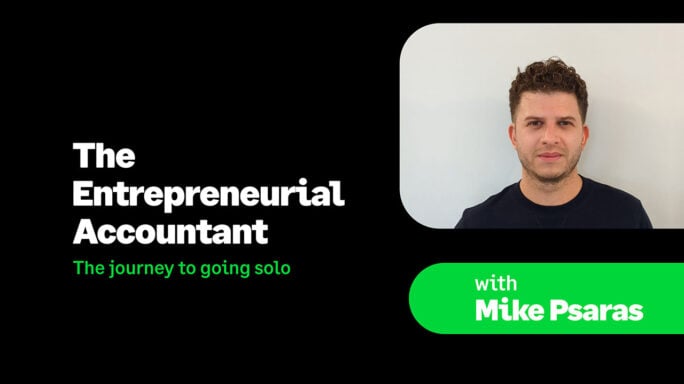
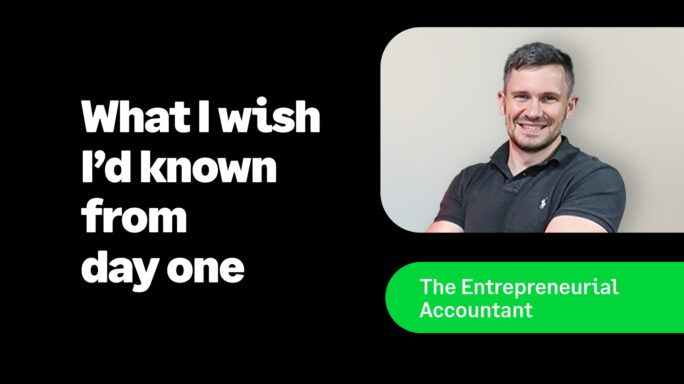
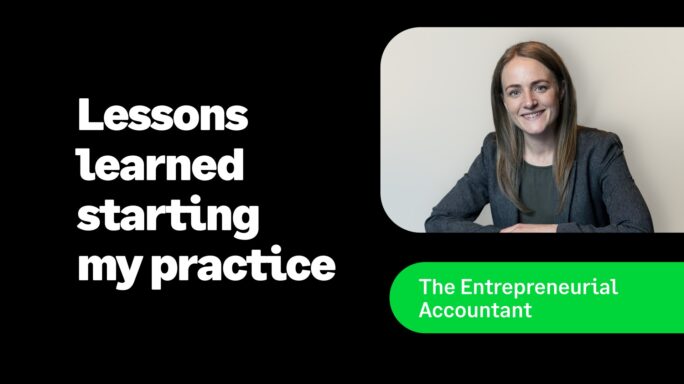
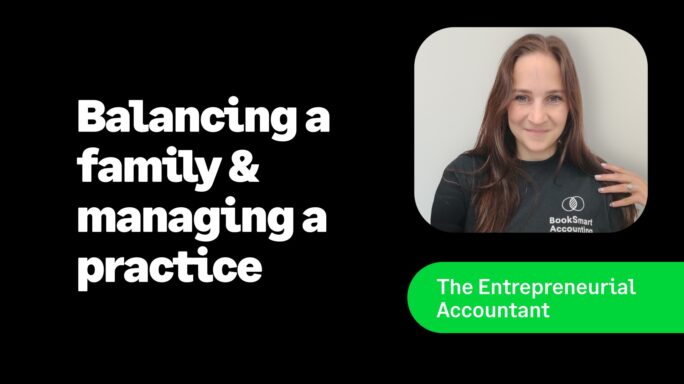
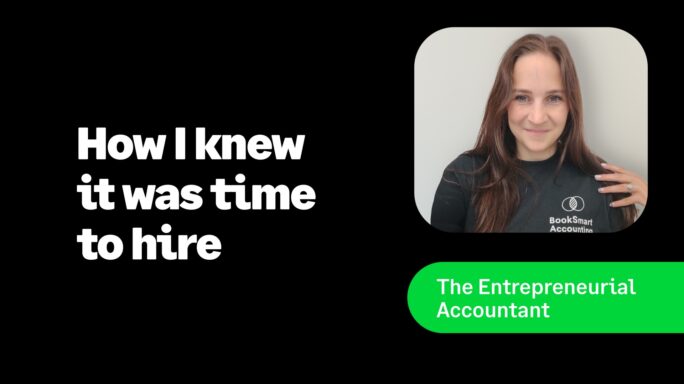
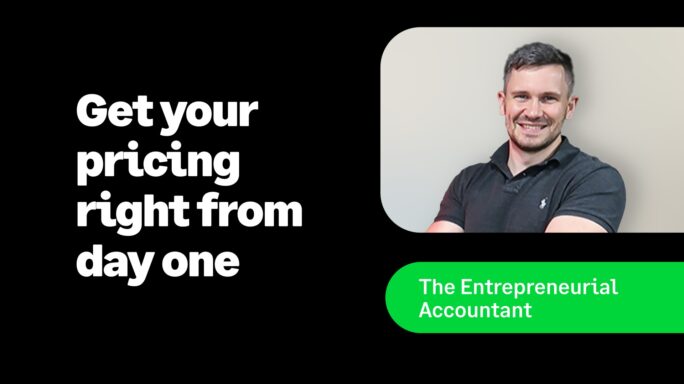
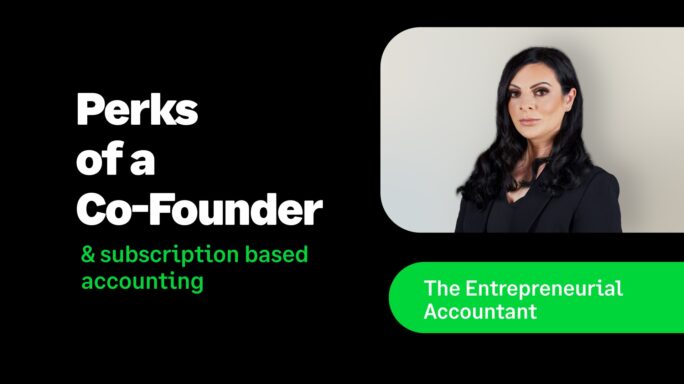
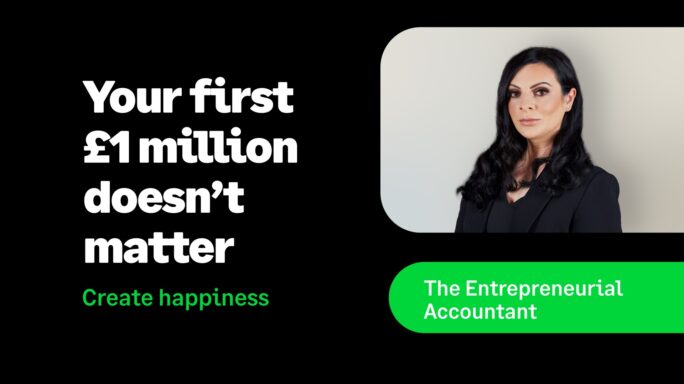
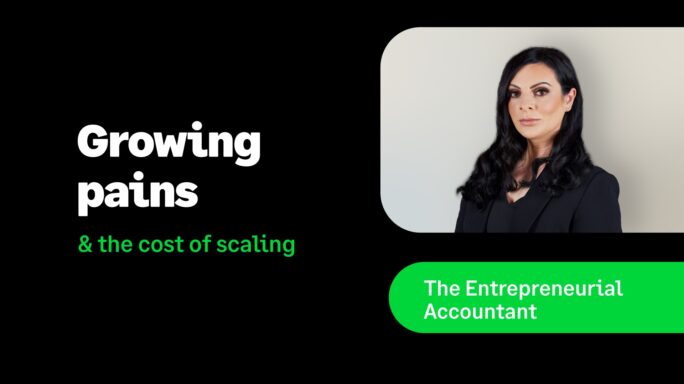
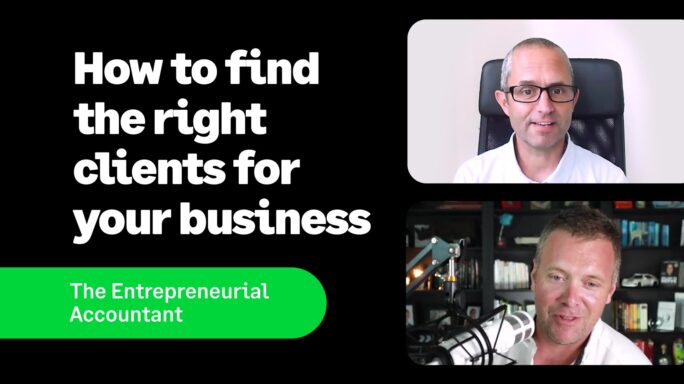
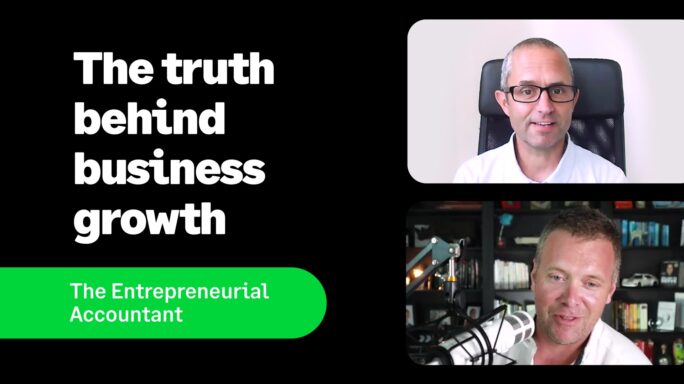
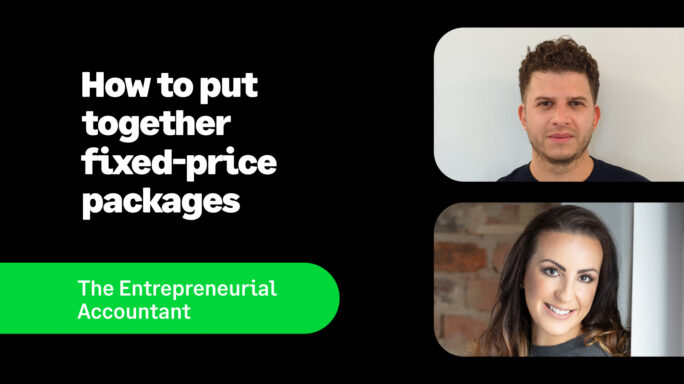
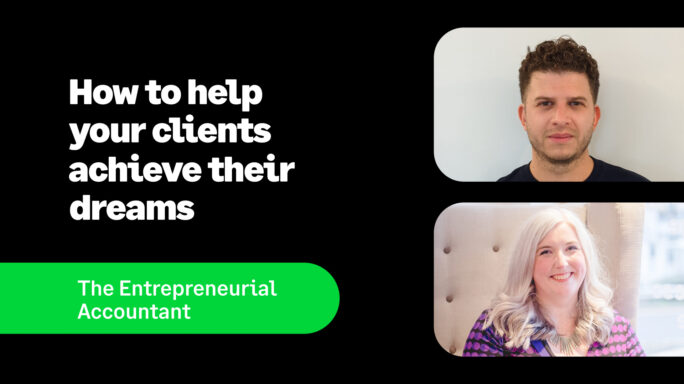
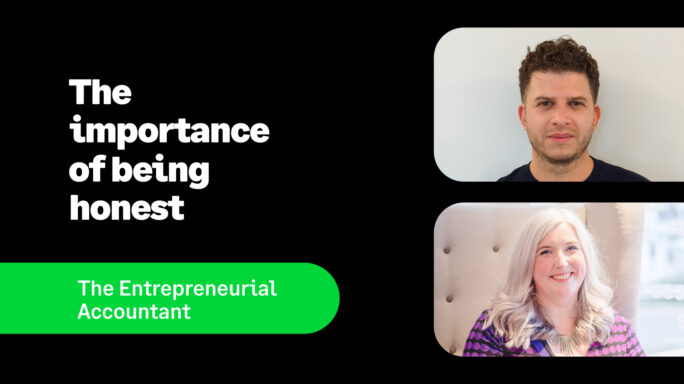
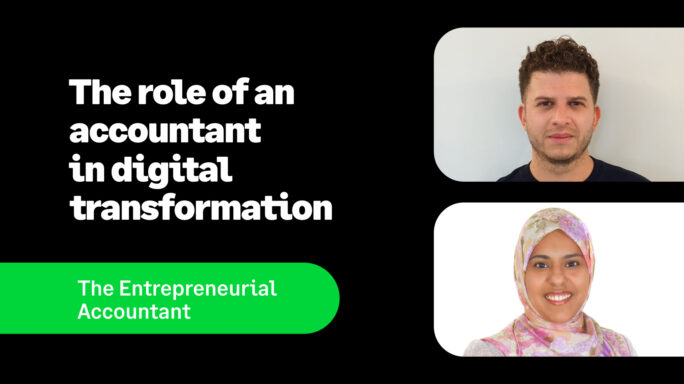
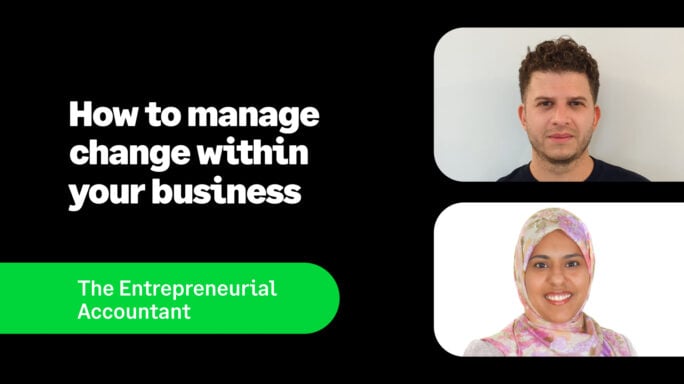
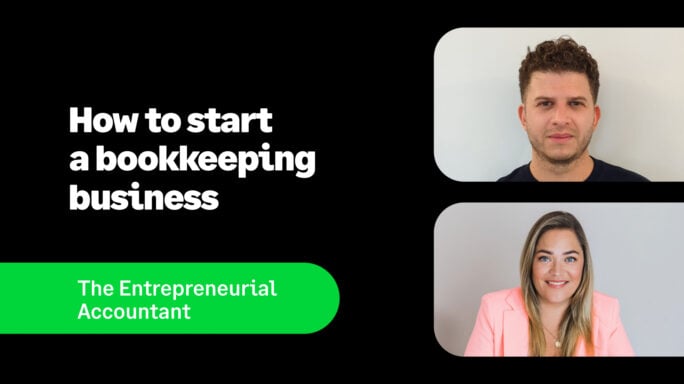
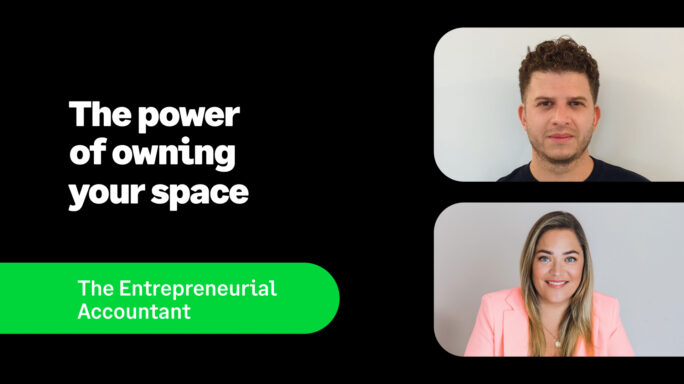


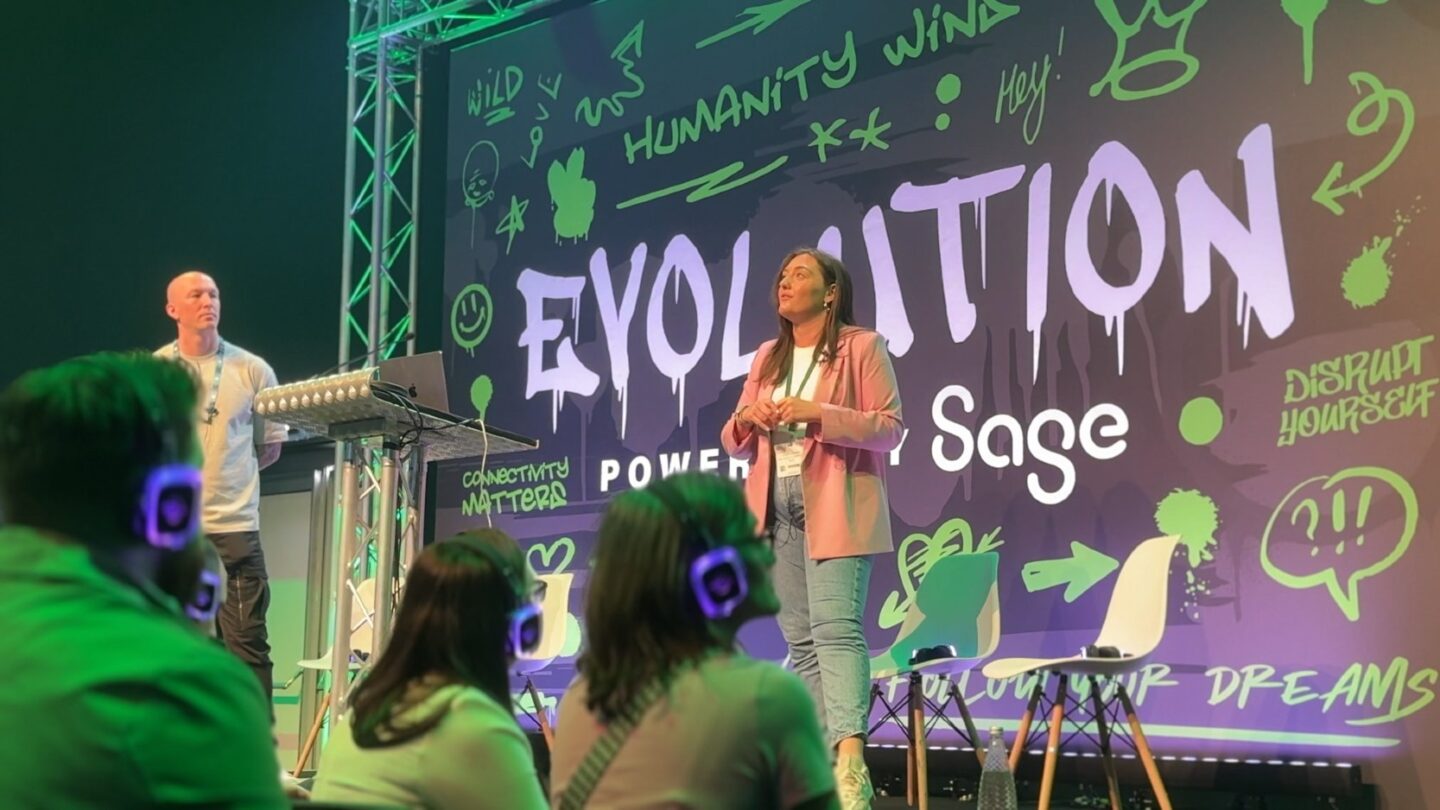




Comment below